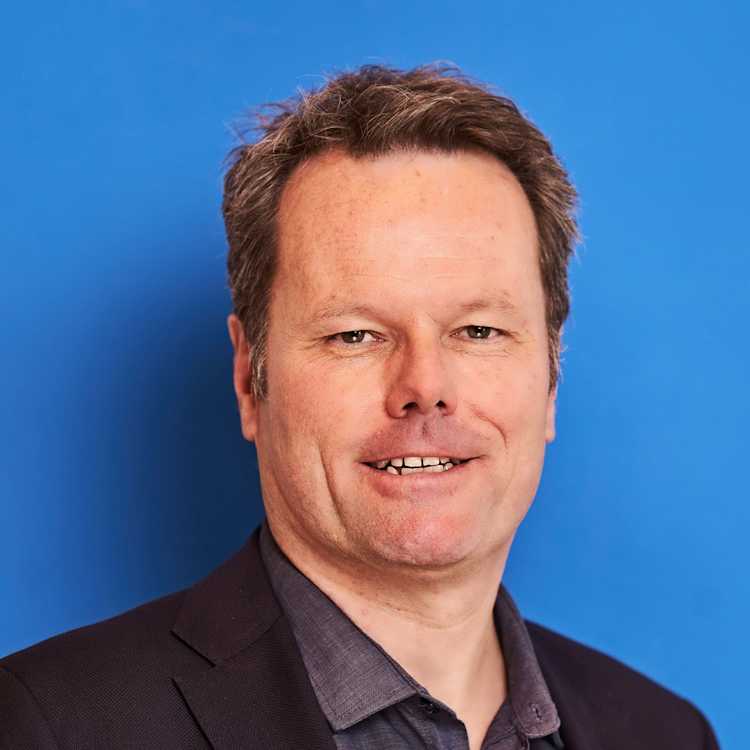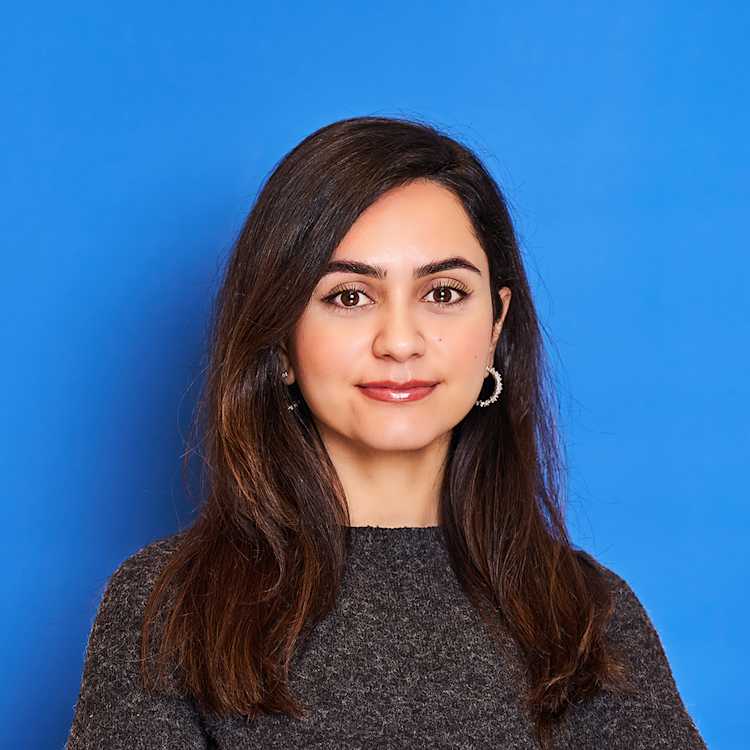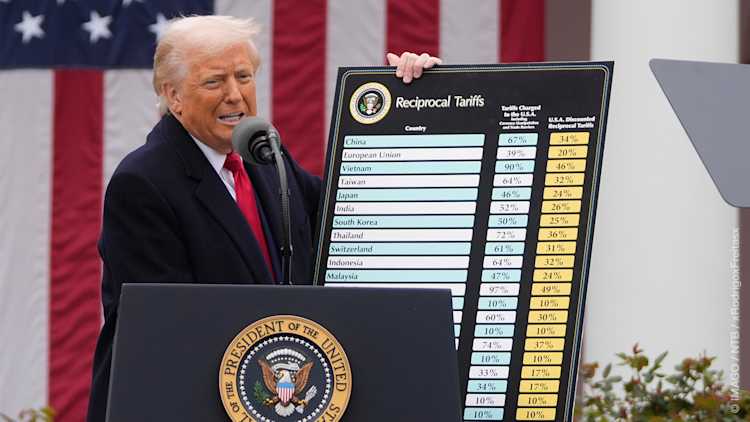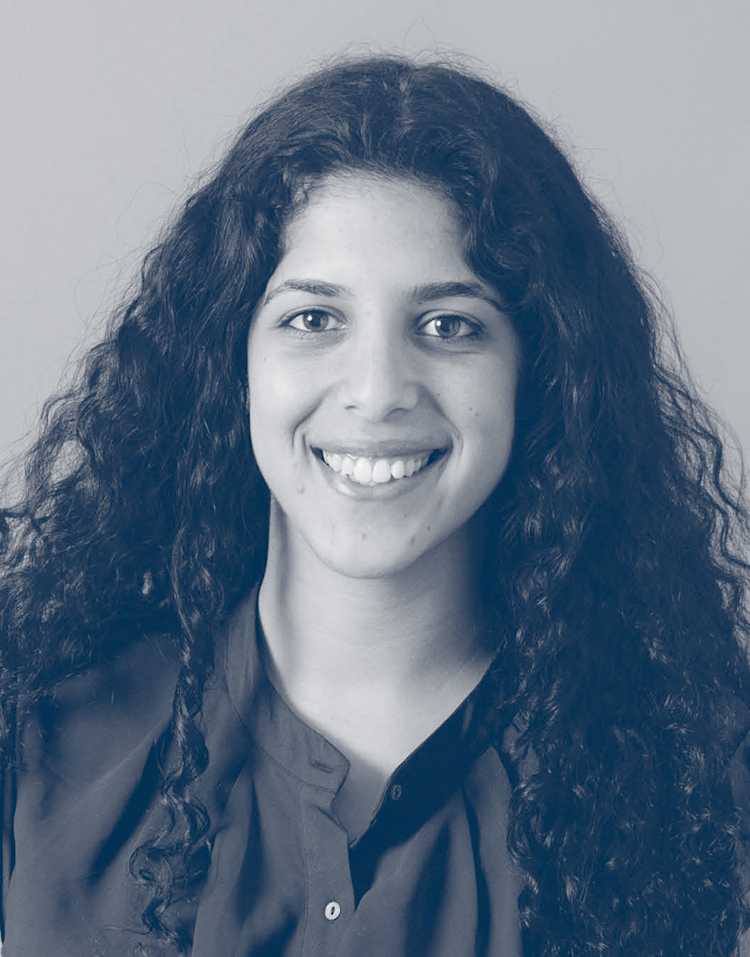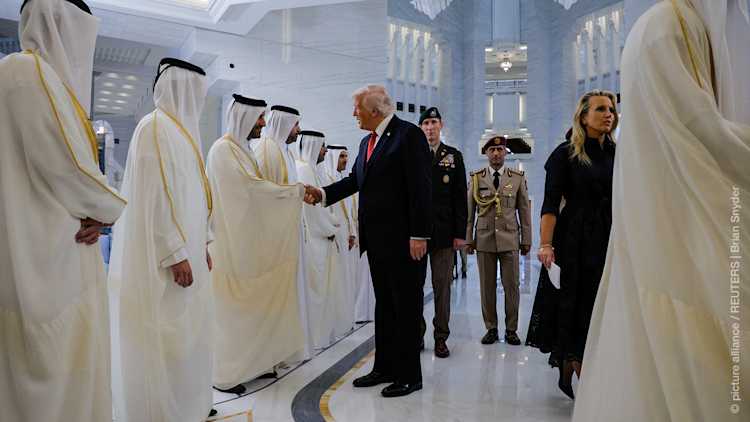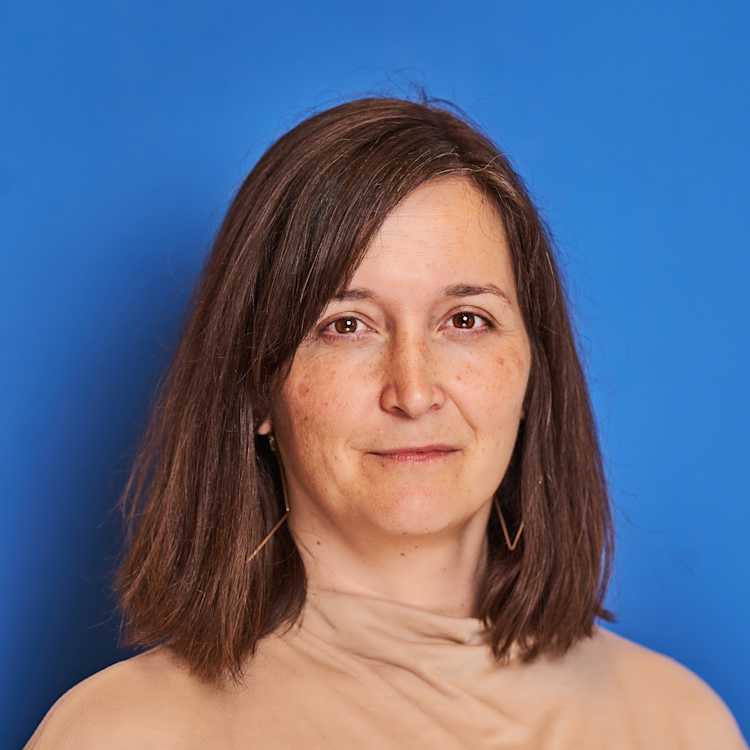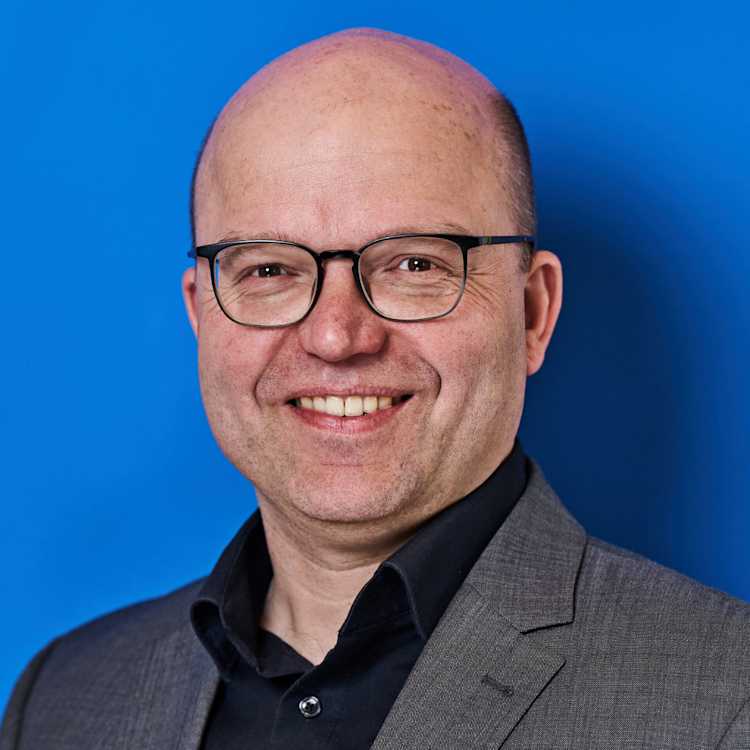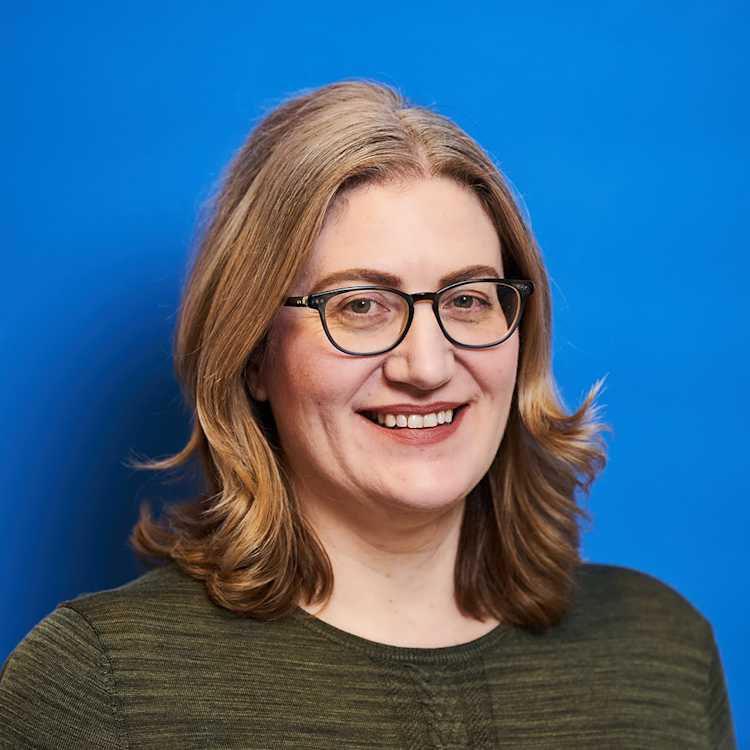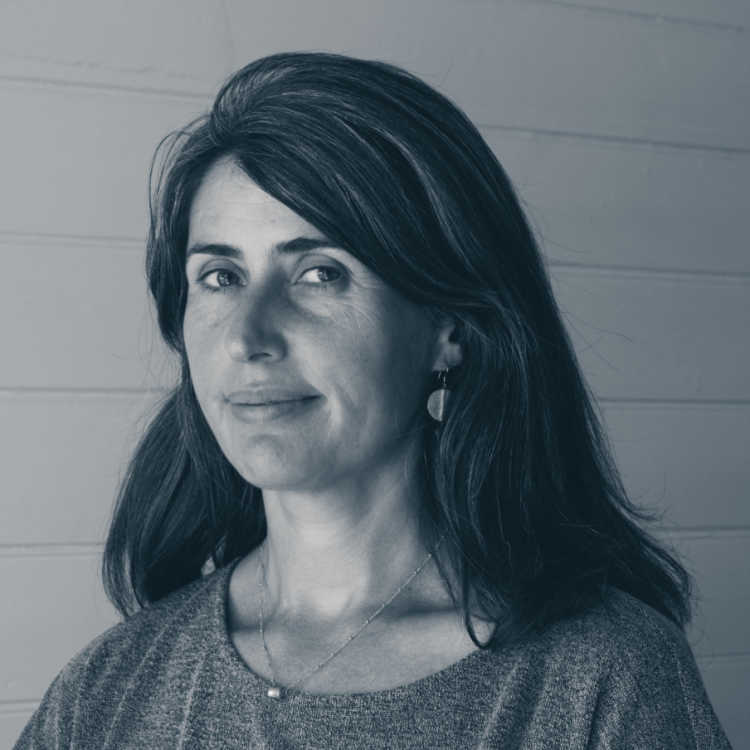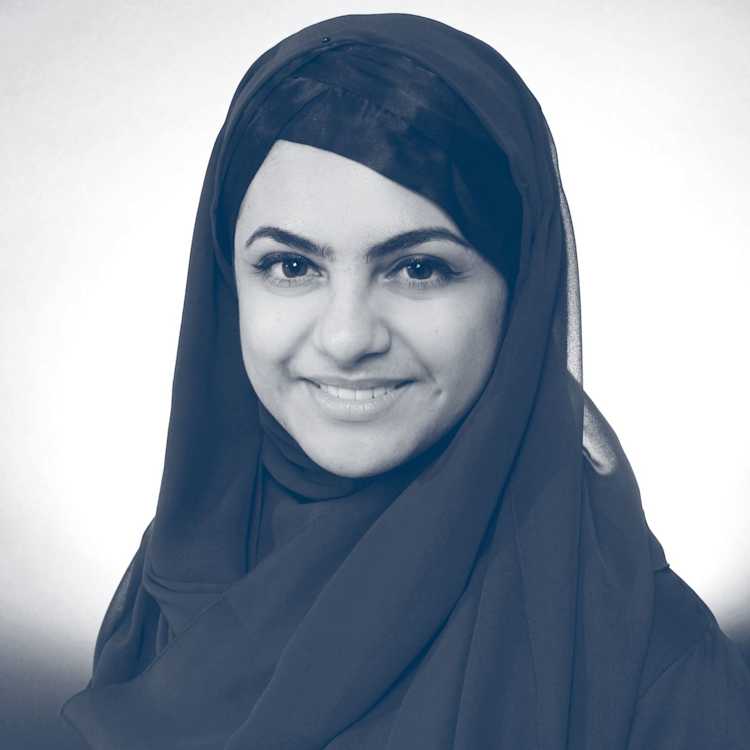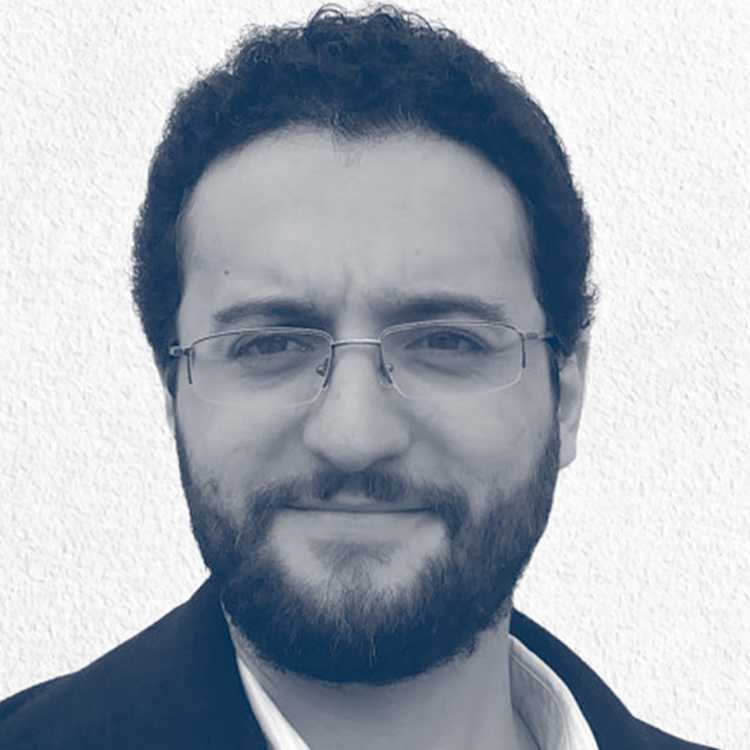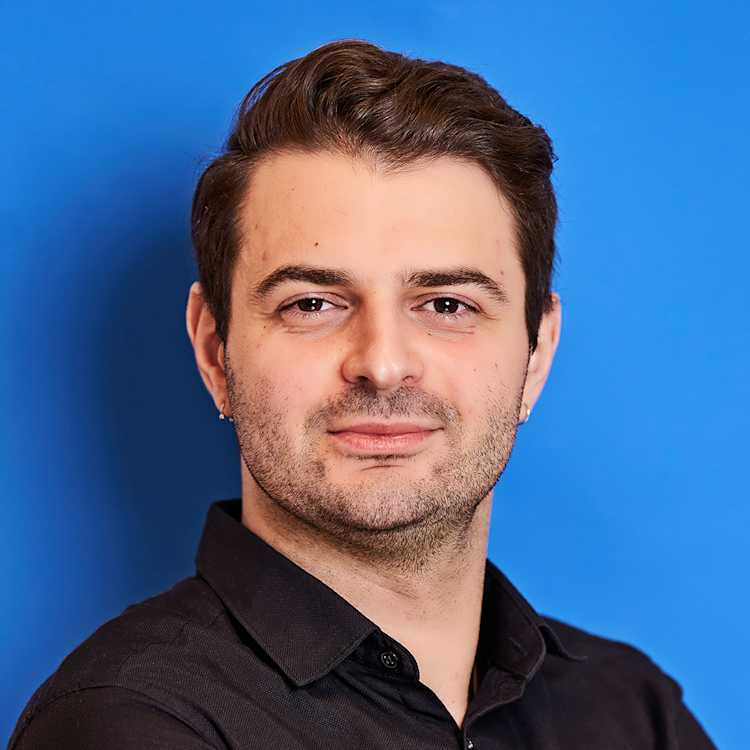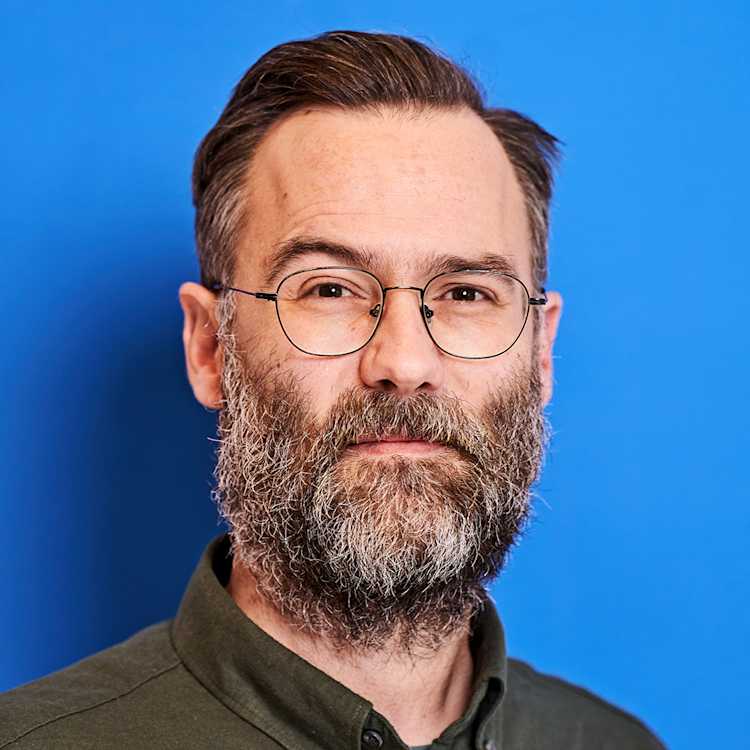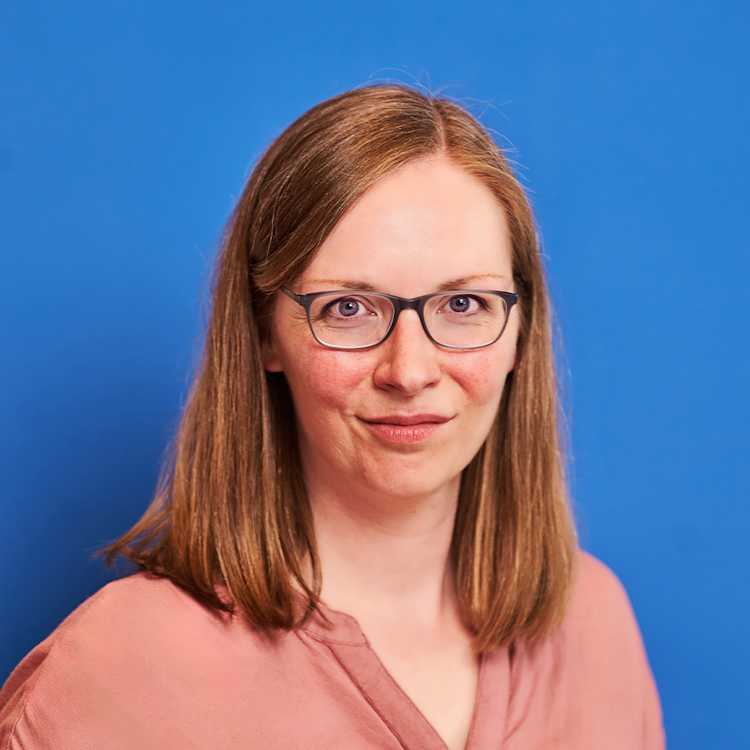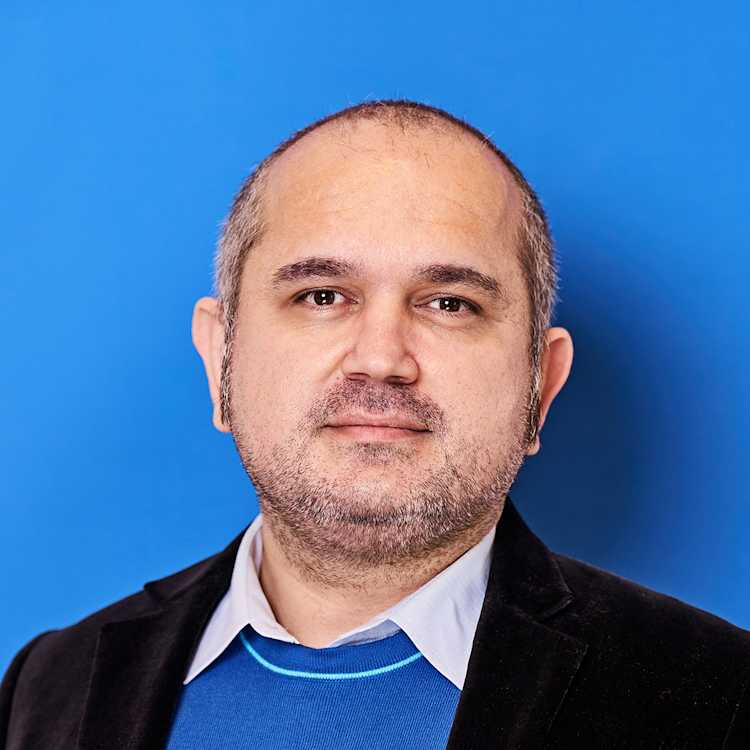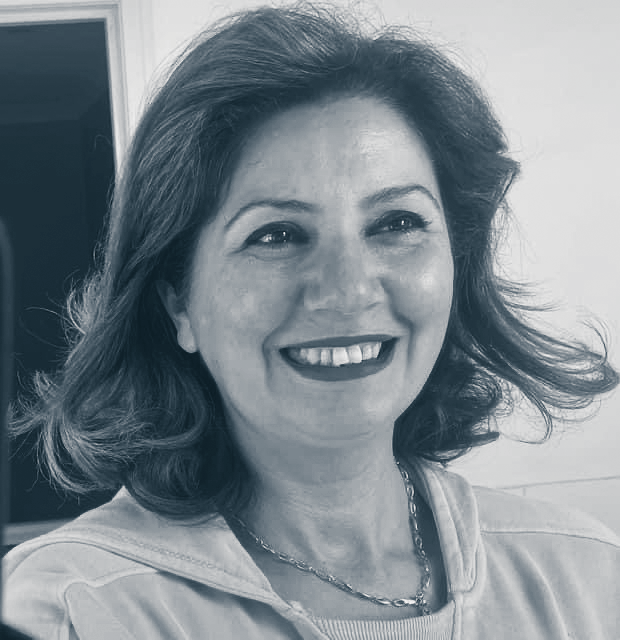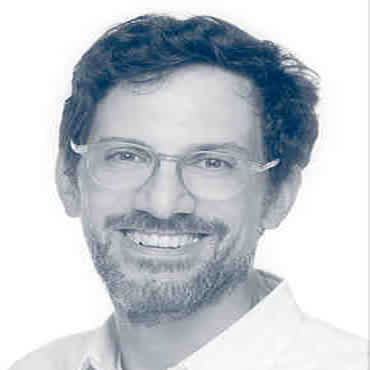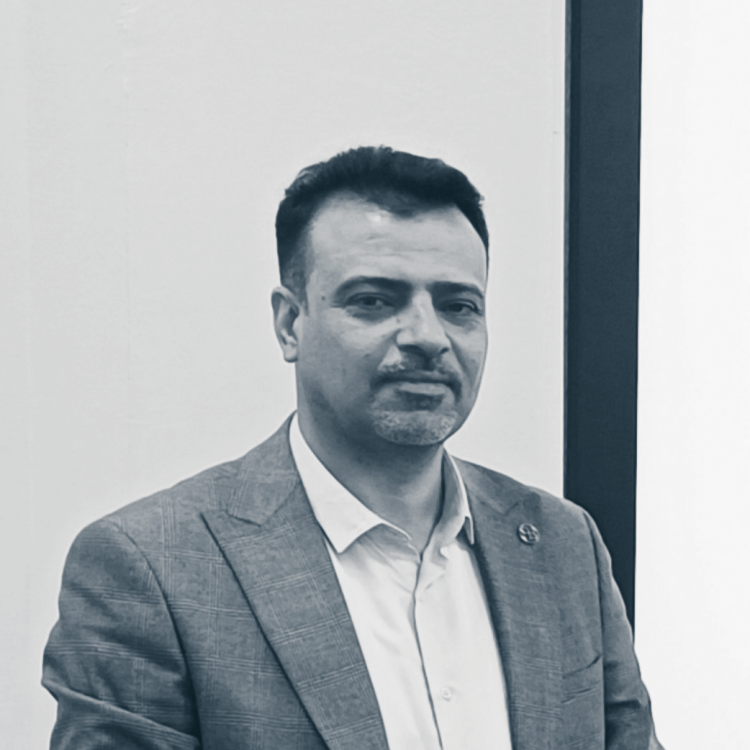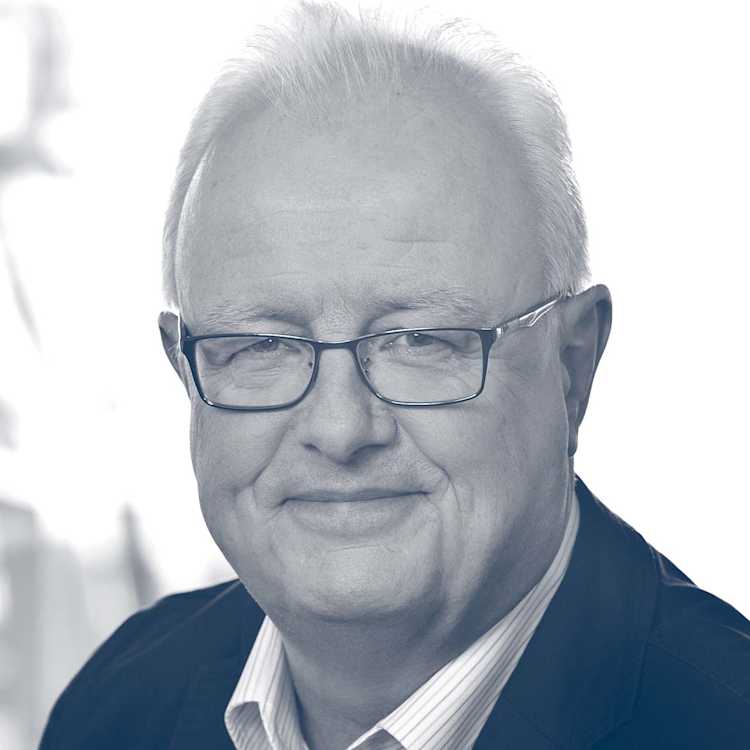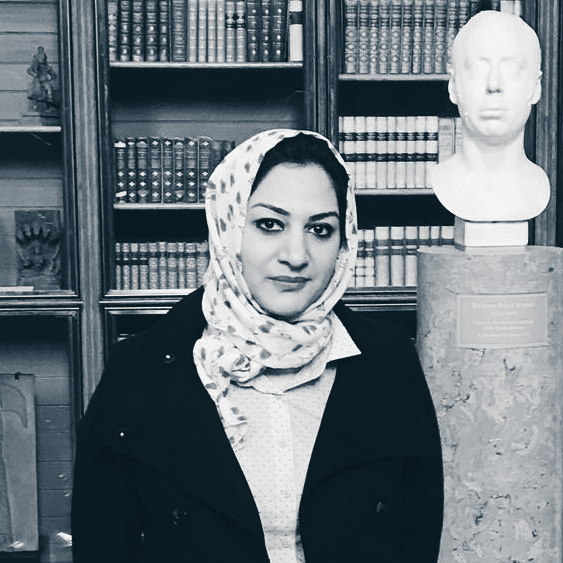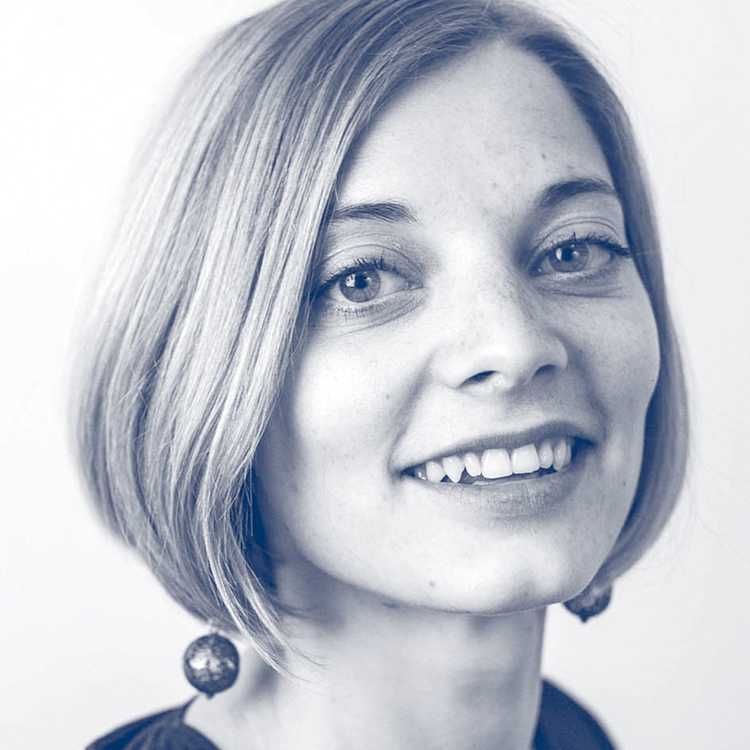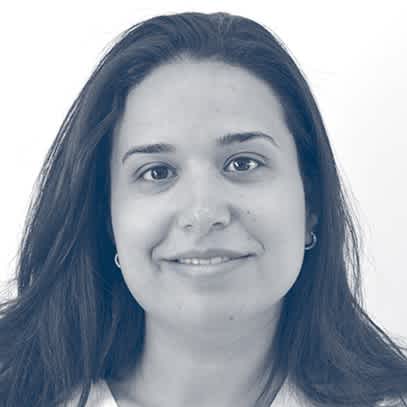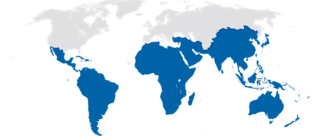
GIGA Institute for Middle East Studies
The GIGA Institute for Middle East Studies is one of the leading institutes for Middle East research in Germany and Europe. Our scholars examine topics such as state and regime structures, energy security, violent conflicts, forced migration, Islamist movements, and the reshaping of the regional order.
News and Highlights
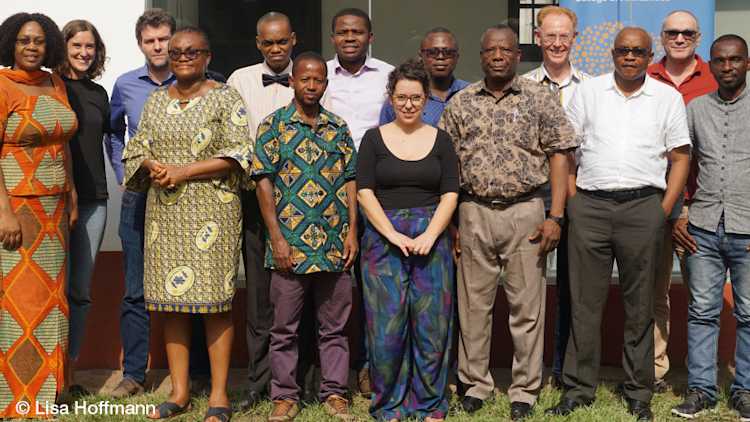
Research Platform Middle East
Exchange and cooperation with scholars from around the world is a decades-long tradition at the GIGA. Since 2015 we have been intensifying and consolidating this cooperation with the help of the GIGA research platforms.
In the Middle East region, the GIGA currently operates one research platform Tunis and one in Beirut.
Research PlatformsResearch Projects
All GIGA ProjectsPresident (ad interim)
Prof. Dr. Sabine Kurtenbach is President (ad interim) of the GIGA.
Regional Institutes
Notification
Sign up to receive email notifications about GIGA activities
Social Media
Follow us
